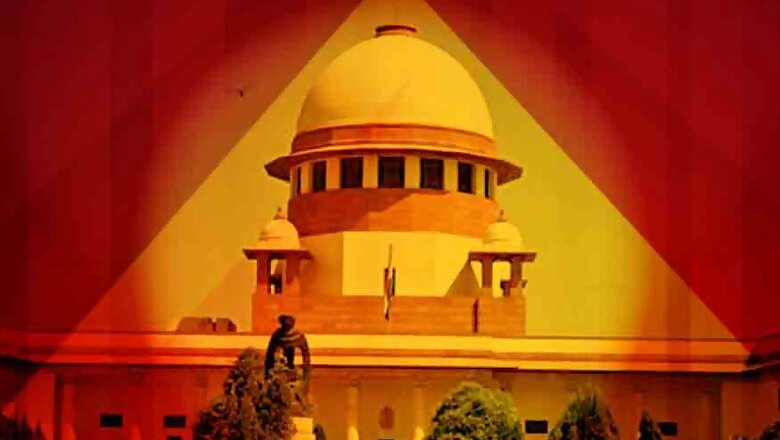
views
Chief Justice Ranjan Gogoi, while referring the Ayodhya case for mediation, said that the case was not about property, but about "mind, heart and healing, if possible.” The streak of possibility is not new. Three former prime ministers also tried in similar fashion and failed. From the side of judiciary, former Chief Justice J S Khehar’s efforts to bring both the sides to negotiation went in vain. Before its 2010 judgement, the Allahabad High Court offered a chance for reconciliation, only to be disappointed by the unyielding sides.
The mediation process now, least to say, offers one last chance at talks. The Supreme Court as an institution has never faced such dilemma in the past. The decision, if were to come, would have impacted the polity and history of the nation like never before. Whichever side the decision would have tilted, the chances of skepticism in the decision cannot be ignored. The highest court in the land, would not like to be seen influxed with a majoritarian zest over the Ram mandir issue, neither would it like to be considered an appeasement agency.
By referring the case to a mediation panel, the Supreme Court can absolve itself of such unwarranted public opinions in the times to come. The court’s conduct can be said to be on the lines of ‘we offered you to talk among yourselves first, now don’t blame us for the decision.’
The issue has been on the BJP’s election manifesto since 1989 and therefore politicisation of its judicial pronouncement is imminent. With general elections inching closer, this issue will definitely harness attention.
For the ruling party, the mediation will only add fillers to their claims of Opposition adding roadblocks in the Ram Mandir issue. The party would urge people to be smart enough to see this as a time-buying exercise, if not anything else. The Supreme Court, in the meanwhile, will stay out of the hoopla surrounding it. Since the mediation exercise has been ordered to be out of media coverage, any update whatsoever will be only court monitored.
Chances are high that the mediation will turn out to be ‘dead on arrival’ and its ‘postmortem’ report will come after elections. Credentials of Sri Sri Ravi Shankar, one of the court-appointed mediators, have been doubted by the Muslim side in the past. The exercise is futile if they come with preconceived notions about the impartiality of the mediation panel. Let’s not have the mediation at all if it is going to be done merely for namesake. As for the Supreme Court, it would be essential to keep a track of how its intervention will not repeat the failures of the past mediation exercises.
(The author is a practicing advocate and India’s Global Schools Ambassador for United Nations. Views expressed are personal.)




















Comments
0 comment